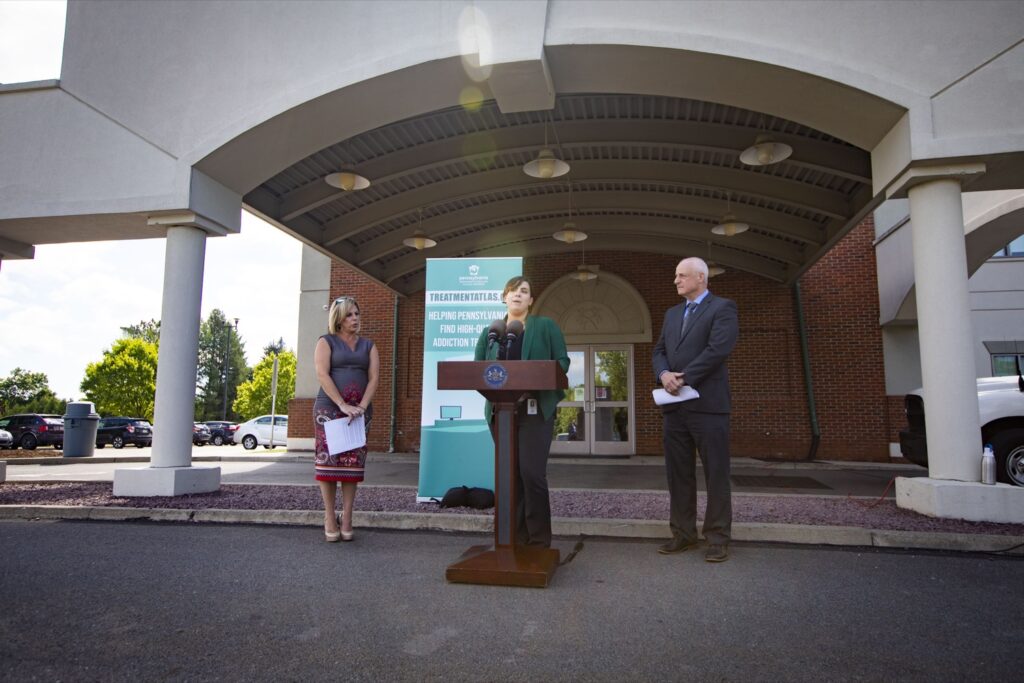Understanding Trauma and Substance Abuse in Minority Communities

While trauma and substance abuse exists in most communities, statistics show that those in minority communities are not only more likely to experience childhood trauma, but also turn to substances as an effort to cope.
In addition to increased exposure to trauma and substance abuse at an early age, minority communities are more likely to experience financial and cultural barriers when it comes to seeking out and receiving professional treatment.
In this article, we’re going to look into the connection between trauma and substance abuse, specifically within minority communities.
Understanding dual diagnosis
A dual diagnosis, often called co-occurring disorders, is when an individual is struggling with a mental health condition and a substance use disorder simultaneously.
While sometimes a mental health condition can lead to the development of a substance use disorder (or vice versa), a dual diagnosis makes it difficult to tell which came first, due to the overlapping of so many symptoms.
When it comes to mental health in minority communities, there is often a lack of resources, due to the lack of mental health awareness and prioritization within the cultures. Because of the many stigmas and false beliefs that revolve around mental health, the different conditions and its treatments, the countless individuals within minority communities never seek treatment.
Only in recent decades did we as a collective start to recognize the vital importance of taking care of our mental health, of healing our traumas. We now know that undiagnosed mental health conditions (just like unhealed trauma) can not only dramatically worsen, but they’re commonly linked to suicide.
Unmanaged mental health conditions can deeply impact someone’s life, and it’s common for those who don’t seek treatment (whether because of lack of availability, stereotypes or personal refusal) to turn to substances as a subconscious way to manage their pain.
Most common traumas
Minority communities commonly experience what is known as community trauma. This is when the broader community as a whole undergoes one or multiple traumas; while the causes may vary, these traumas are typically poverty, crime (violent and non-violent) and racism.
Individuals within minority communities are also more likely to be exposed to domestic abuse and violence within their childhoods. This leads to an increased chance of developing a substance use disorder in their young adult years.
Commonly abused substances
Individuals who were exposed to or directly experienced traumas within their childhoods have a higher likelihood of turning to substances, not only as an attempt to cope with the trauma, but because there’s a collective increase of open substance use within minority neighborhoods.
Within black American communities, marijuana has consistently been reported to be the most commonly consumed substance. Psychotherapeutic drugs, such as anti-depressants or anti-anxiety medication, being the second most common.
In Hispanic communities, studies reported that opiates were the most popular substance used, with cocaine/crack as the next most popular substance of choice.
Statistics in minority communities
The prevalence of dual diagnoses was found to be relatively high in minority communities in America, particularly within communities of African or Mexican origin.
Individuals within these communities were recognized to have as high as more than double the chance of developing co-occurring disorders in their young adult lives, raising the risk for not only increased trauma, but their lives.
Contact us for personal support
If you or someone you know is suffering from an unhealed trauma or substance use disorder, encourage them to seek professional help immediately. If they won’t listen, or they’re in denial about their situation and you find yourself overwhelmed, reach out to us.
Our mission here at Pyramid Healthcare is to help you foster the highest quality of life. We offer a multitude of customizable programs to help you do this, ranging from mental health and substance abuse recovery programs to different behavioral services for adults and teenagers.
To learn more about which program will best suit your needs and vision for your life, call our office today at 888-694-9996 to speak with one of our qualified staff members.



